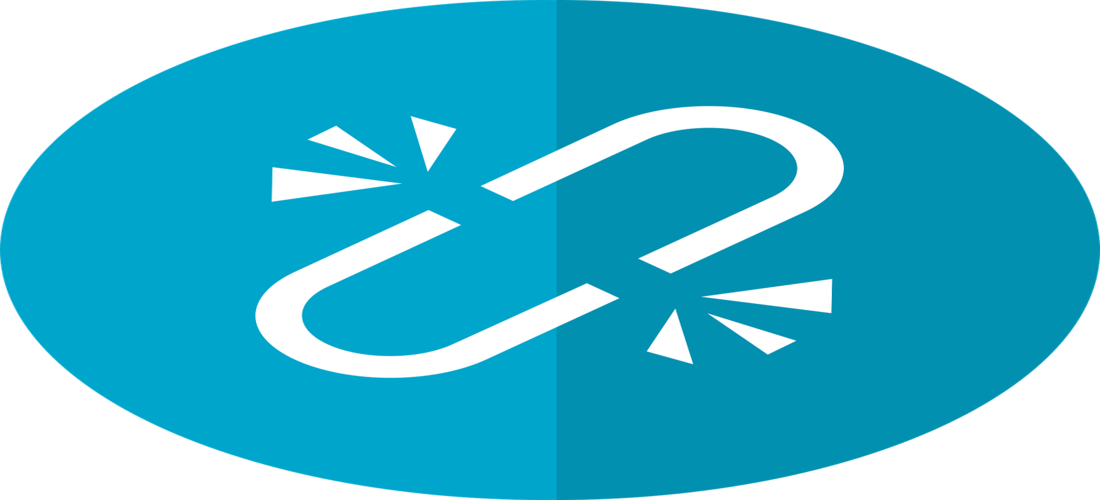As a content creator, marketer, or website owner, you’re probably already using links to drive traffic to your website. But have you ever considered tracking and analyzing those links to unlock their full potential? By tracking your links, you can gain valuable insights into your audience’s behavior, optimize your marketing campaigns, and ultimately drive more conversions. In this article, we’ll explore how advanced tracking and analytics can help you unlock the power of your links.
What is Link Tracking and Analytics?
Link tracking and analytics is the process of monitoring the performance of your links using specialized tools. These tools allow you to track clicks, monitor visitor behavior, and analyze the effectiveness of your marketing campaigns. By collecting data on how visitors interact with your links, you can gain insights into their preferences, optimize your marketing efforts, and improve your website’s performance.
Why is Link Tracking and Analytics Important?
Link tracking and analytics is essential for any website owner or marketer who wants to drive more traffic, generate leads, and increase conversions. By understanding how visitors interact with your links, you can identify areas for improvement, optimize your marketing campaigns, and ultimately achieve better results.
Here are some of the key benefits of link tracking and analytics:
Improved Conversion Rates
By analyzing the performance of your links, you can identify which ones are driving the most conversions. You can then optimize those links to improve their performance even further, leading to higher conversion rates and more revenue.
Better Audience Insights
Link tracking and analytics also provide valuable insights into your audience’s behavior. You can learn which pages they visit, which links they click on, and how long they spend on your site. This data can help you create more targeted and effective marketing campaigns.
Optimization of Marketing Campaigns
By tracking the performance of your links across different marketing campaigns, you can identify which campaigns are driving the most traffic and conversions. You can then optimize your campaigns based on this data, leading to better results and a higher return on investment.
Improved Website Performance
By analyzing how visitors interact with your links, you can identify areas where your website may be underperforming. For example, if visitors are frequently clicking on links that lead to 404 error pages, you can fix those pages to improve the user experience.
How to Track Your Links
Now that you understand the benefits of link tracking and analytics, let’s explore how to get started. There are many tools available that can help you track your links,
What are the Best Practices for Link Tracking and Analytics?
To get the most out of your link tracking and analytics efforts, it’s important to follow these best practices:
Use Unique URLs
When tracking your links, it’s important to use unique URLs for each link. This allows you to track each link separately and get accurate data on its performance.
Monitor Visitor Behavior
In addition to tracking clicks, it’s important to monitor how visitors behave once they arrive on your website. This includes analyzing which pages they visit, how long they spend on each page, and whether they convert into customers.
Analyze Your Data
The data you collect from link tracking and analytics is only valuable if you analyze it and use it to make informed decisions. Make sure you regularly review your data and use it to optimize your marketing campaigns and improve your website’s performance.
Test and Experiment
Link tracking and analytics allow you to experiment with different marketing campaigns and strategies. Don’t be afraid to try new things and test different approaches to see what works best for your audience.
Keep it Simple
Finally, keep your link tracking and analytics efforts simple and focused. Don’t overwhelm yourself with too much data or try to track every single link. Instead, focus on the links that are most important to your business and track them consistently over time.
Conclusion
Link tracking and analytics are powerful tools that can help you optimize your marketing campaigns, improve your website’s performance, and drive more conversions. By following best practices and using the right tools, you can unlock the full potential of your links and achieve better results for your business.
FAQs ( Frequently Asked Questions)
How do I choose which links to track?
When choosing which links to track, focus on the ones that are most important to your business goals. For example, if you’re trying to drive more sales, track the links that lead to your product pages.
Is link tracking and analytics difficult to set up?
Most link tracking and analytics tools are relatively easy to set up, especially if you have some basic knowledge of web development or marketing.
Can link tracking and analytics help me improve my SEO?
While link tracking and analytics won’t directly improve your SEO, they can provide valuable insights into your audience’s behavior and help you optimize your content and marketing efforts accordingly.
How often should I review my link tracking and analytics data?
It’s a good idea to review your data on a regular basis, such as once a month or once a quarter. This will allow you to spot trends over time and make informed decisions about your marketing campaigns.
Can link tracking and analytics help me identify fraudulent activity?
Yes, link tracking and analytics can help you identify fraudulent activity such as click fraud or bots. By monitoring the behavior of your visitors, you can spot patterns that indicate fraudulent activity and take action to prevent it.



